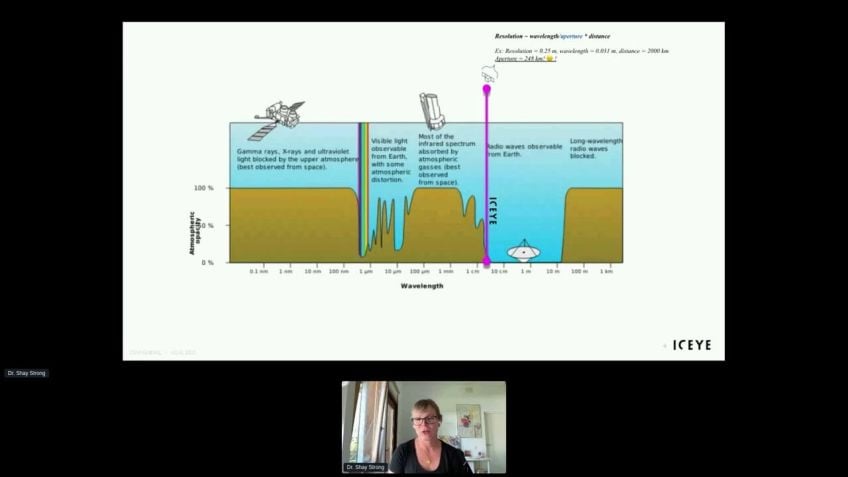- Career Path
- Geospatial Machine Learning
Geospatial Machine Learning
Geospatial Machine Learning: Unlocking Opportunities in Career Paths
Geospatial Machine Learning is an exciting career path that combines geospatial science with the power of machine learning algorithms. As organizations increasingly rely on location-based data to make informed decisions, the demand for professionals with expertise in Geospatial Machine Learning is on the rise.
As part of this career path, individuals will have the opportunity to work on projects that involve analyzing and interpreting geographic data using advanced machine learning techniques. This could include tasks such as developing predictive models for environmental monitoring, analyzing spatial patterns for urban planning, or creating automated systems to process remote sensing imagery.
To excel in this field, candidates should have a strong foundation in geospatial technologies, including Geographic Information Systems (GIS) and Remote Sensing. Additionally, proficiency in programming languages such as Python, R, or Java is essential for implementing machine learning algorithms and managing geospatial data.
Individuals interested in pursuing a career in Geospatial Machine Learning should also possess a solid understanding of statistical analysis, data visualization, and spatial data analysis. Strong problem-solving skills, attention to detail, and the ability to communicate complex technical concepts to non-technical stakeholders are also vital for success in this role.
By acquiring the necessary skills and expertise in Geospatial Machine Learning, individuals can open doors to a wide range of opportunities in sectors such as urban planning, environmental management, transportation, and beyond. Embracing this career path can lead to impactful work that helps organizations make informed decisions and create positive societal and environmental change.

